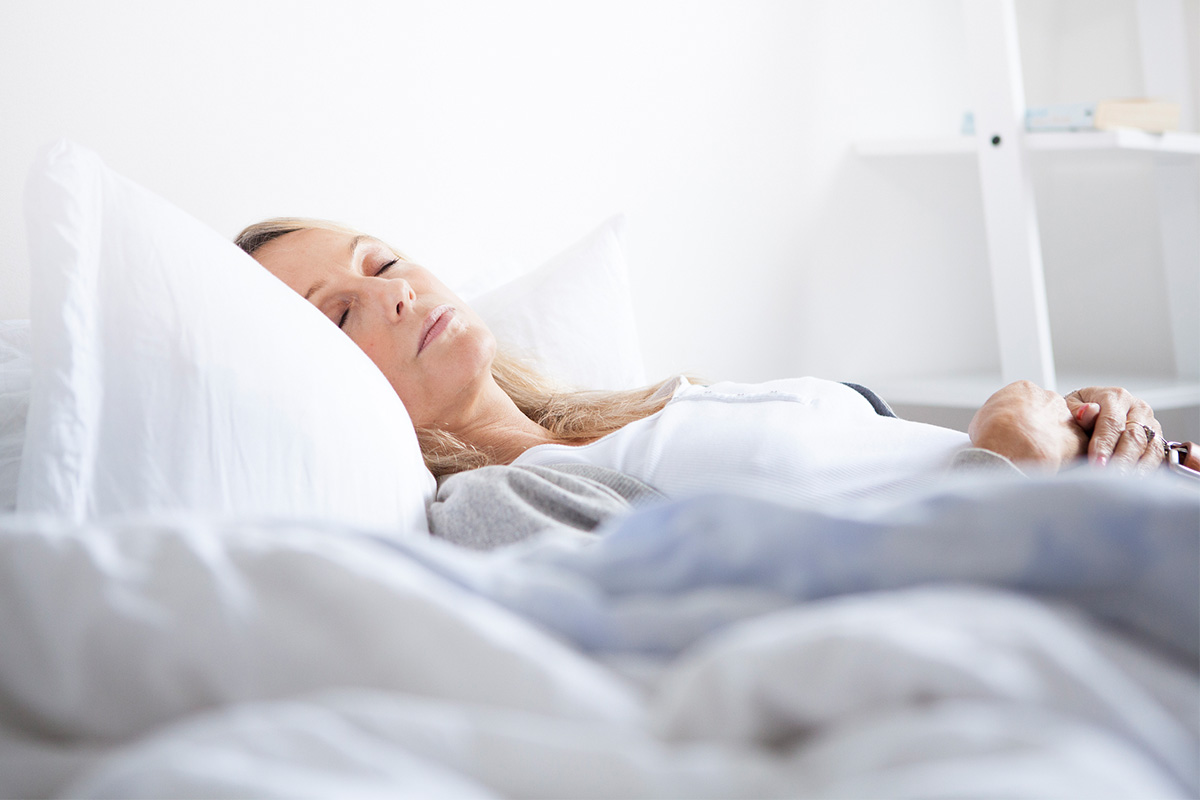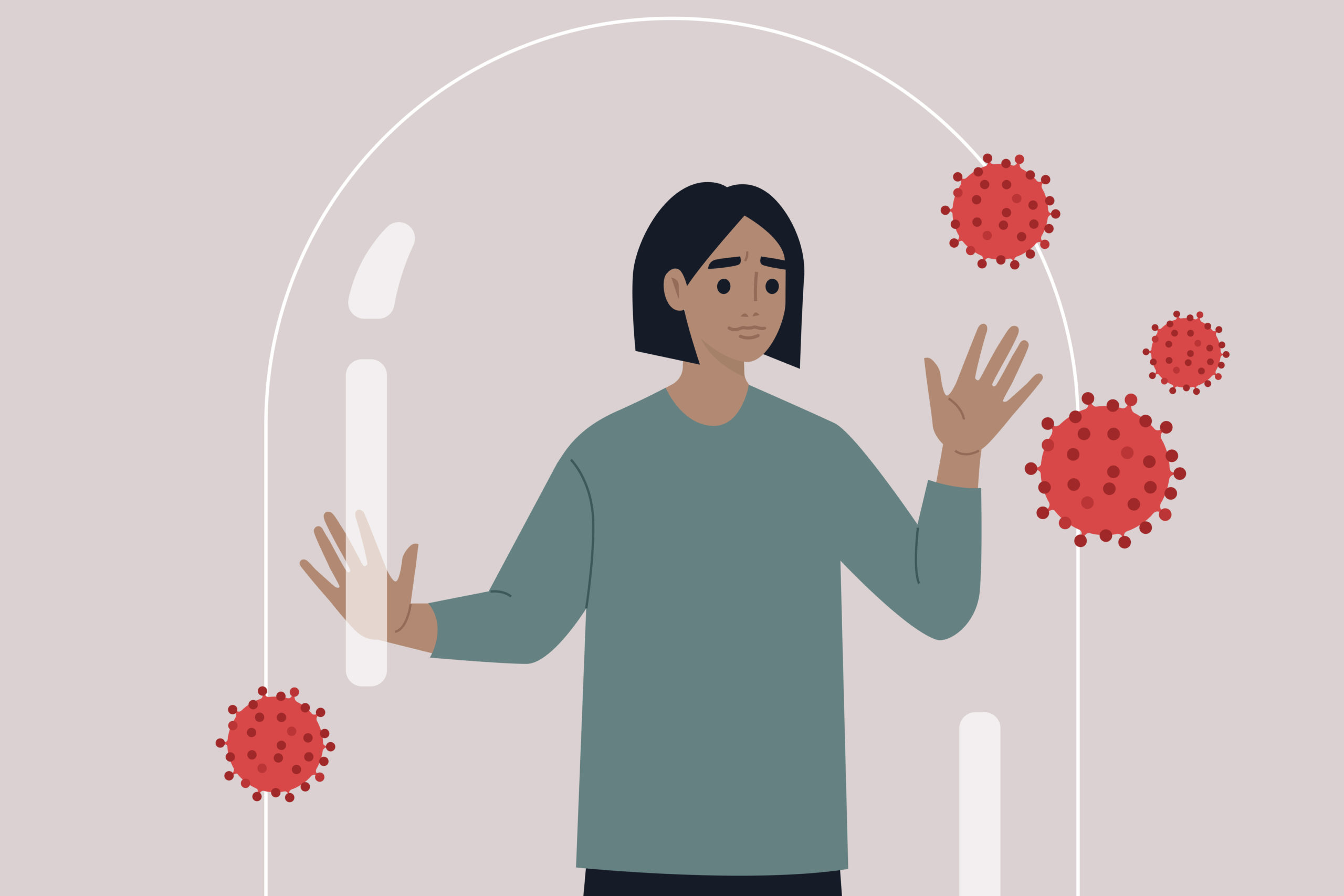Why am I tired all the time?
That’s a question many of us ask ourselves, even when we get a good night’s sleep, fatigue always finds a way to creep in.
For most of us, we’re acutely familiar by now with tiredness. We feel sluggish, groggy and our brains aren’t functioning as fluently as we’d hope. Yes, it’s a burden, but we can operate at a perfectly adequate level and so we dismiss it as normal and ignore the problem regardless of whether it’s chronic or not.
At any given time, one in five people feels unusually tired, and one in 10 have prolonged fatigue, according to the Royal College of Psychiatrists. While, according to a sleep survey of 15,000 respondents by Dreams, only 8% of people say they always wake up feeling refreshed, while 63.1% are not happy with the amount of sleep they get.
So if you’re tired all the time you’re in good company, as a nation most of us are!
There’s clearly a correlation between the growing problem of poor sleep quality and fatigue, but it’s not just down to this. Tiredness is a complex issue because so many different factors can cause it, which one do we hold responsible?
Dr Shah explains to the NHS, that with tiredness “It’s unusual to find anything physically wrong. Most of the time, fatigue is linked with mood and the accumulation of lots of little stresses in life”.
So if you’re just experiencing tiredness on its own, it’s likely it’s not due to an underlying medical condition. The main causes of tiredness are usually in one of these general areas; medical, psychological or lifestyle.
So how do we go about finding what’s responsible when there could be so many potential perpetrators? It’s a case of good old trial and error to determine which is responsible, we’ve listed the main reasons for fatigue below.
Medical Causes
Conditions where tiredness is a primary symptom.
- Coeliac disease
- Anemia
- Chronic fatigue syndrome
- Sleep apnoea
- Underactive thyroid
- Diabetes
- Glandular fever
- Depression
- Anxiety
- Restless leg syndrome
Pinpointing exactly what’s causing fatigue is more like navigating your way through a maze of interconnected paths, there’s just so many issues that can cause it. We know the good news as Dr Shah explained, that if no other symptoms are accompanying your fatigue, it’s more than likely not a medical reason. It’s much more likely that your tiredness is down to your lifestyle. Obviously, lack of sleep is going to cause tiredness, but many people fall into bad habits with sleep which unknowingly has a devastating effect on the quality of shut-eye they get.
How to improve your energy levels
1. Clean sleeping
If you’re a late night scroller, it’s time to stop. The sleep survey by Dreams revealed that social media is one of the most popular in-bed activities, with 38 minutes and a further 42 minutes browsing the web per week.
Using technology right before bed really hinders your sleep quality, it overstimulates the brain while the blue light can disturb your cardiac rhythm. Abstaining from tech for an hour before you go to bed can work wonders in improving the time it takes to fall asleep and the quality.
We recommend looking at our article on clean sleeping for top tips on how to ensure you’re getting the best quality sleep.

2. Nutrition
We get our energy from what we eat, so it makes sense that one of the most probable causes of fatigue is your diet.
Simple carbs such as refined sugars give you a quick energy boost which inevitably leads to an energy dip later down the line.
We suggest limiting high sugar foods and prioritising slow-releasing complex carbohydrates such as rice, brown bread and pasta which will give you a much more consistent level of energy throughout the day.
If you’d like more advice to improve your energy through diet, download our clean eating guide for a full diet plan and recipe ideas.
3. Hydration
Stay hydrated consistently throughout the day. Studies have shown that even moderate dehydration can make you feel lethargic, irritable and affect our cognitive function. Additionally, if you drink water too close to bedtime, a midnight toilet trip is much more likely.
The NHS recommends we drink six to eight glasses of water per day to stay hydrated.
4. Exercise
It seems paradoxical that physical exertion reduces your tiredness levels but it’s completely true. Even something as little as a 15-minute walk can boost your energy, while regular exercise has been shown to improve energy levels in the long run.
Patrick O’Connor, co-director of the University of Georgia’s psychology laboratory explains, “There’s a scientific basis for it [exercise], and there are advantages to it compared to things like caffeine and energy drinks.”
Being overweight is another cause of tiredness, as the body has to work much harder to do day-to-day activities, making fatigue is inevitable. So exercise has the added benefit of weight-loss which leads to a reduction in tiredness.
Have a look through our exercise archives to find workout routines, inspiration and more!

5. Reduce stress
Anxiety is one of the most common causes of fatigue. Constant apprehension and stress is emotionally draining and can cause insomnia.
Chronic stress causes adrenal fatigue by tiring the adrenal glands which are responsible for producing the stress hormone. This leads to anxiety, fatigue, brain fog and trouble sleeping.
There are a number of ways to reduce stress such as; meditation, time management and deep breathing to name a few. The Headspace and Calm apps are fantastic tools to help you get started. Additionally, the herbal remedy, St John’s Wort has been shown to reduce mild anxiety.
See our top tips to reduce stress for more advice.
Tiredness is something we all suffer from time to time, it’s something many of us learn to ignore and deal with, dismissing it as normal and getting on with our day-to-day lives. We all recognise it as a burden but often fail to do anything about it, especially when the most common causes are to do with our own lifestyle. So be proactive, don’t compromise with a sub-optimal quality of life. Take your tiredness into your own hands and start making the suitable lifestyle changes today!





